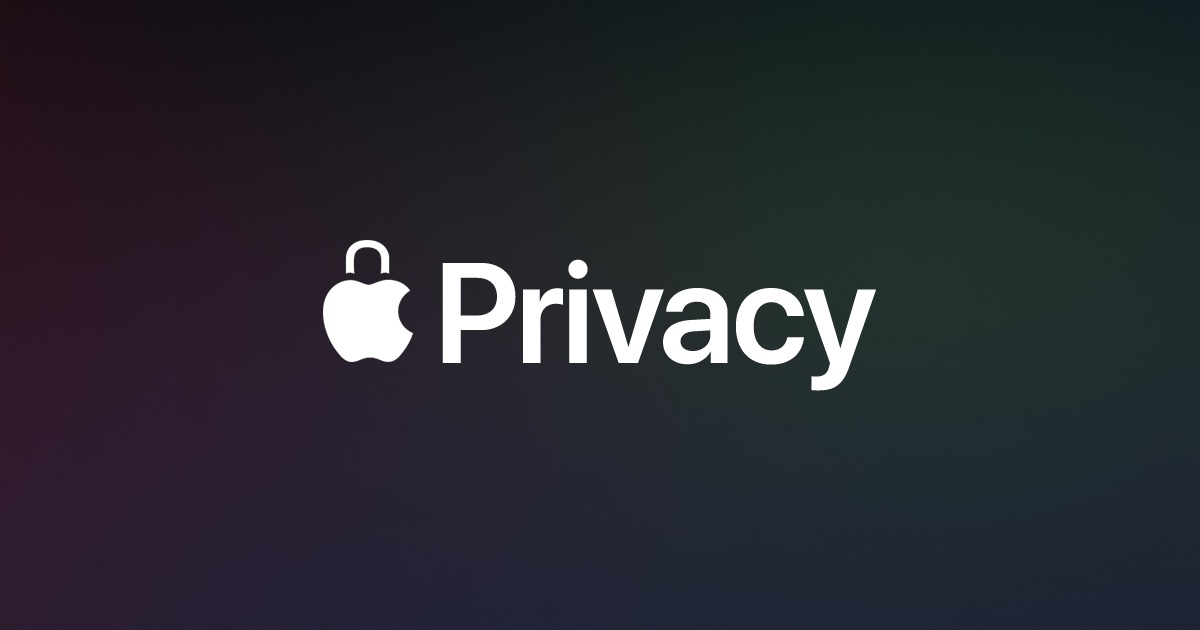
Thursday is Data Privacy Day, and Apple is marking the occasion in a few ways, including sharing a new "A Day in the Life of Your Data" document that details how third-party companies can track user data across websites and apps.

Apple says that, on average, mobile apps include six "trackers" from third-party companies for the "sole purpose of collecting and tracking people and their personal information," fueling an industry valued at $227 billion per year. "A Day in the Life of Your Data" aims to show what advertisers, data brokers, social media companies, and other entities can learn about a father and daughter who spend a pleasant day at the park.
One example is the father and daughter taking a selfie at the park, editing the photo with a filter app, and sharing it on social media, a seemingly innocent series of actions that still resulted in data being collected and tracked across multiple apps:
The document goes on to list various Apple privacy features that would have given the father and daughter more transparency and control over their data, including the choice to give the filter app access to only their selfie, instead of the entire photo library.Later at the playground, John and Emma take a selfie. They play with a photo filter app, settling on adding bunny ears to the photo. The filtering app, however, is able to access all the photos on the device and the attached metadata, rather than only the playground selfie. John posts the picture on a social media app. The app links John's current online activity to a trove of data collected by other apps, such as his demographic information and purchasing habits, using an email address, a phone number or an advertising identifier.
The document also highlights Apple's four key privacy principles and provides more information about App Tracking Transparency, a privacy measure that will require apps to request permission to track users starting with the next iOS 14, iPadOS 14, and tvOS 14 betas. Apple says the software updates will be released in the early spring.
"Privacy means peace of mind, it means security, and it means you are in the driver's seat when it comes to your own data," said Apple software engineering chief Craig Federighi, in a statement shared today. "Our goal is to create technology that keeps people's information safe and protected. We believe privacy is a fundamental human right, and our teams work every day to embed it in everything we make."
Apple CEO Tim Cook will be speaking on data privacy today at the Computers, Privacy, and Data Protection conference, based in Brussels. Cook is scheduled to speak at 8:15 a.m. Pacific Time, and a live stream will be available on YouTube.
Article Link: A Day in the Life of Your Data: Apple Details How Companies Can Track You Across Apps and Websites
Last edited:

